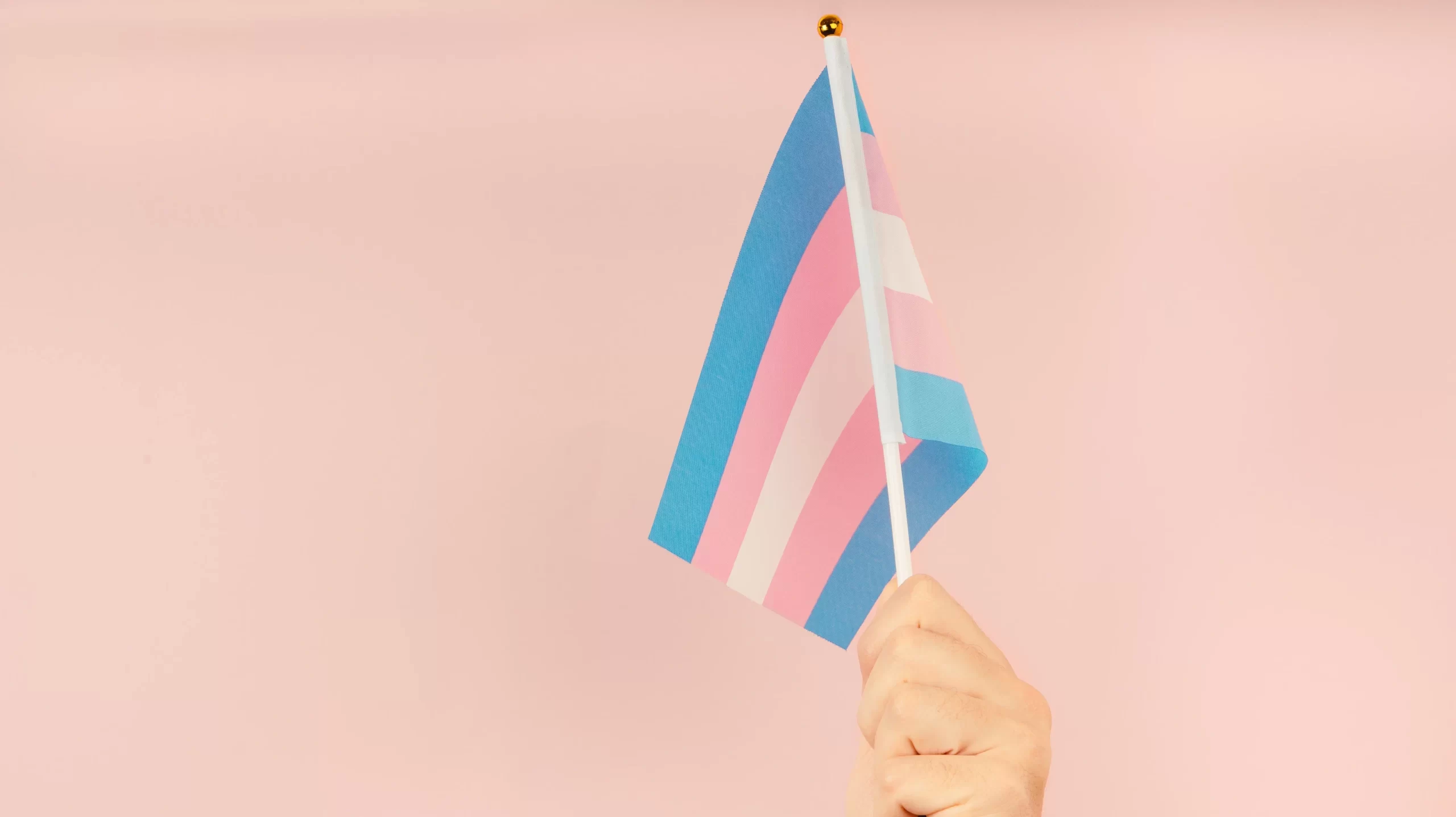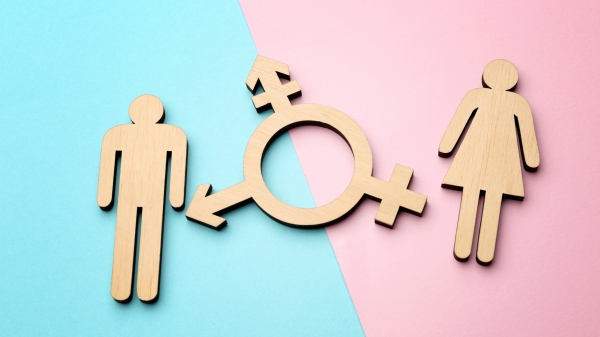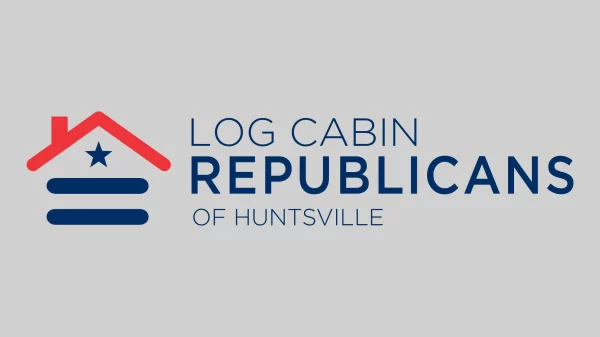|
Getting your Trinity Audio player ready...
|
This pride month will follow a legislative session that featured an unprecedented attack on the LGBT+ community, especially the transgender community. While there was a slew of bills that aimed to bring harm, I want to focus on HB111–a bill sponsored by representative DuBose that was meticulously crafted to define transgender people out of existence–because it encapsulates much of the bigotry that the transgender community experiences. While the bill failed in the eleventh hour of the session, it was advertised as a bill that would “protect women” by “allowing for the creation of facilities separated by biological sex assigned at birth.” The nature in which it does this implies that transgender women are dangerous.
This narrative is insulting, damaging, and false. I myself am a transgender woman, and I want to share what it is like crossing the gap between genders into these forbidden spaces.
It’s nighttime in late January, 2023. I had been on feminizing hormones for one month (my doctor said that full changes would take 3-5 years, and while I was optimistic, I hadn’t noticed many differences). I was wearing a dress I had bought at TJ Maxx. It was one of the first pieces of feminine clothing I ever owned and it had taken a great deal of courage to finally wear it out in public.
Some friends and I were finishing dinner at a restaurant. Some in the group were talking about visiting a nearby store. I had planned to go home, as I’m generally not one for impromptu plans, but I decided to stick around. I also realized I needed to use the restroom. Mostly for the normal biological need, but I also suspected that a great deal of my lipstick had not survived its recent encounter with a hamburger.
This is where the rubber meets the road for bills like HB111. Crossing from one gendered space to another is a very vulnerable time for a trans person. I was living as a woman in some parts of my life, but not in others. My employer didn’t know, and not all of my friends and family knew. Transition is messy, scary, and complicated. HB111 aims to create a culture of fear for trans women. It paints us as villains, something that others should be protected from. The reality is that most trans people who are early in transition are awkward, nervous, and worried that they won’t fit in.
So anyway, there I was, full face of makeup, wearing a dress, addressed as “ma’am” by a waiter (who ostensibly saw me as a woman), and I was sweating bullets trying to work out what bathroom I was supposed to use. On one hand, I was worried that going into the men’s room dressed as I was could open me up to harassment. On the other hand, I was worried that going into the women’s room might make others uncomfortable. I had hardly done any voice training and was terrified of needing to speak, fearful that my voice would offend someone, or that it might give me away and the gender police would leap out from behind the commode and exact the penalties defined in the Law of Womanhood. I also had never used a women’s restroom before, and while I didn’t expect anything other than toilets and a few sinks in there, doing it for the first time freaked me out. I worried about confrontation, about strange looks, about people whispering and pointing. I thought about heading home early, thinking I didn’t belong anywhere, and that it would be easier for everyone that way.
Some of the other women in my friend group saw that I was nervous, calmed me down, and offered to go with me. I was scared the whole time, made a beeline for the first available stall, made eye contact with nobody, said nothing (even to the lady who complimented my nails), and left right after I washed my hands–without taking the time to dry them. I realized my makeup was still messed up when I got back out, but I was too nervous to go back in and fix it.
And so ended my first foray into the forbidden spaces. Not predatory, or perverted, or whatever harmful stereotypes get painted onto the trans community. Just a woman who needed to use the restroom so she could get on with her night.
Over time I got more comfortable entering gendered spaces. I use the women’s room at work and when out in public, and use the women’s dressing rooms when shopping. While I’m living authentically in every facet of my life these days (and let me tell you, changing your legal name is a huge headache) I’m still not comfortable going into locker rooms, and haven’t been in one since I last used a men’s locker room in early 2020. I usually keep quiet in gendered spaces, but sometimes another woman will talk to me, and I’m confident enough with my voice to respond.
Many trans people face significant anxiety when it comes to gendered spaces. We aren’t out to harm anyone, and we are in fact much more likely to face violence and harassment than those who are not transgender. Despite what the DuBoses of the world would like you to think, being trans inclusive isn’t causing an epidemic of men putting on dresses and makeup to sneak into the ladies room to commit crime. There is, however, a concerted effort to do harm to the transgender community, and the false narratives that prop up bad legislation like HB111 do not seek the protection of women. They seek to harm, divide and distract while very real problems in our state go unaddressed.
Trans people are like anyone else. We want peace, safety and stability in our lives. We get annoyed by bad traffic, complain about the Alabama heat, and yes, we need to pee from time to time, even though we don’t always fit into the neat little boxes that bills like HB111 want us to. We’re just doing our best, trying to get along with our lives without the government dictating where we can and cannot do our business.
Our state faces real issues with healthcare and education. Rural hospitals are at risk of closing because Alabama has refused to expand medicaid. The legislature failed to create a state lottery–one that would have taken back revenue that is spent in neighboring Tennessee, Georgia and Florida, revenue that could have gone to education–in part because time was wasted on discriminatory bills that would create problems rather than solve them. Lawmakers spent time complaining about Transgender Day of Visibility coinciding with Easter (which was due to the variability of Easter’s date in the calendar year, but that didn’t stop them from painting it as an attack on Christianity). Some lawmakers–including some at the federal level–joined a harassment campaign against a transgender Space Camp employee.
Transgender people are not a problem to be solved. We are sons, daughters, parents and siblings. We have wants and needs and dreams and aspirations. We are people, and we are not so different from everyone else. We have to struggle just to be accepted–many of us face divorce, rejection from friends and family, and risk our employment when we dare to live as our authentic selves. These attacks on our community from our state legislature are not only wasteful, they are a morally reprehensible abuse of power that target an incredibly vulnerable minority.
Alabama deserves better than this, and we must demand better than this from our elected officials. Hate comes at a price that we cannot afford to pay. It’s time we demand liberty and justice for all.




















































